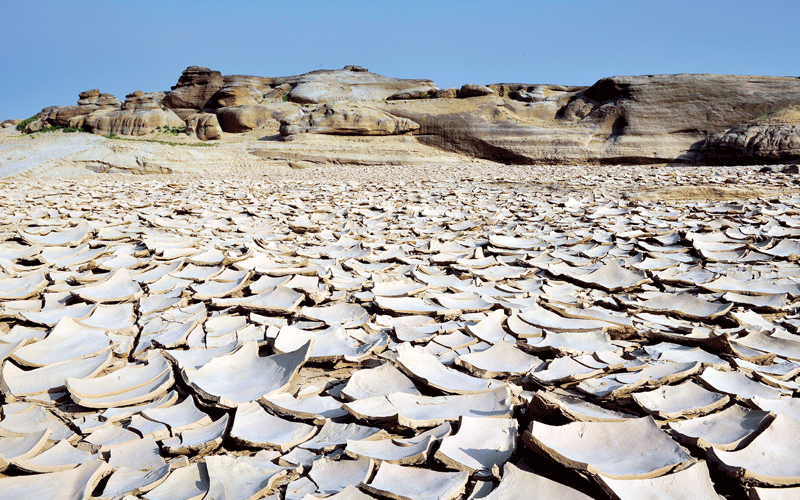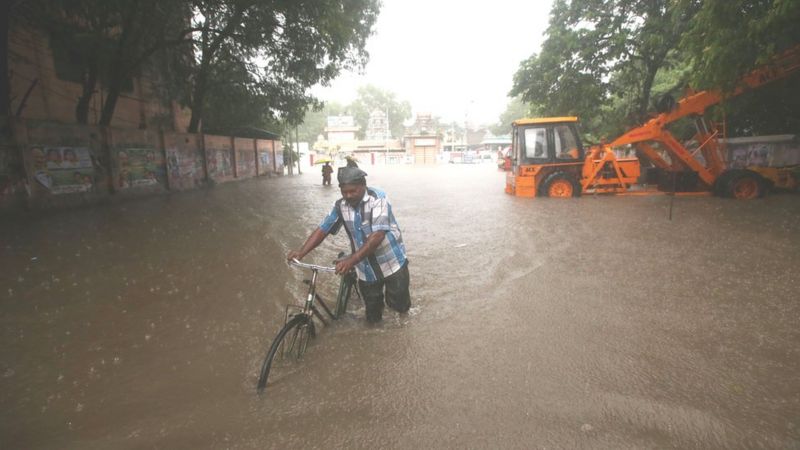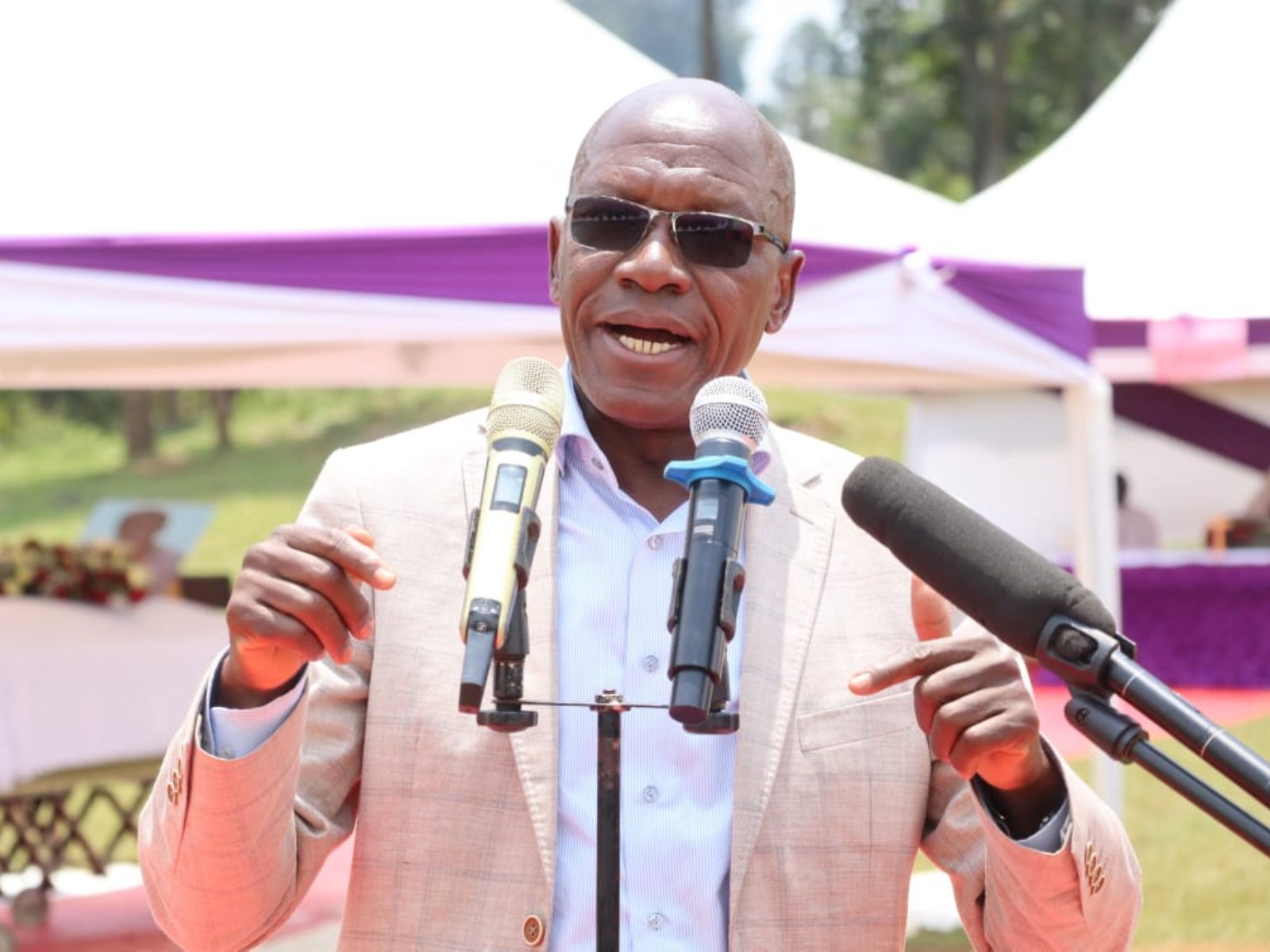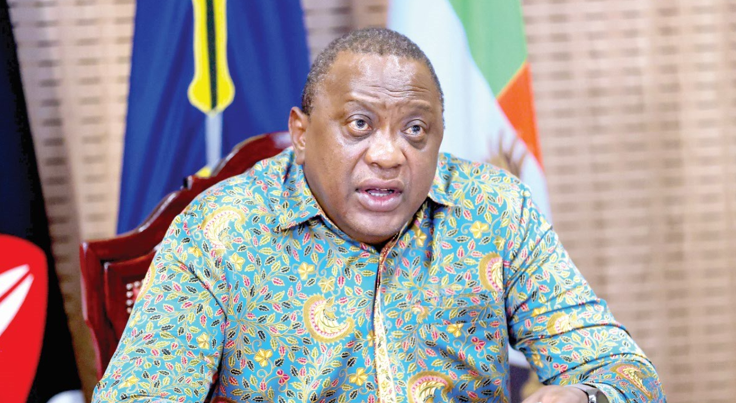Future average temperatures in Africa to rise faster than global rates

Future average temperatures in Africa are projected to increase at a rate faster than the global average in all warming scenarios a new report has revealed.
Dubbed Weathering the Storm: Extreme Weather and Climate Change in Africa by Greenpeace Africa and the Greenpeace Science Unit, the report shows that mean annual temperature increase for much of Africa is projected to exceed 2℃ or to fall within the range of 3℃ to 6℃ by end of the 21st century if high emissions continue –two to four times beyond the rise permitted in the Paris Agreement.
“The frequency, intensity, and duration of extreme heat events are expected to increase, following trends already observed in Southern, East and Northern Africa,” reads the report.
It adds that rising temperature is likely to lead to deaths, displacement, climate-related conflict, irregular rainfall, drinking water shortages, obstruction of agricultural production and accelerated extinction of endemic African species.
“Science shows there is very little that is natural in the disasters striking our continent.
A human-made crisis requires a human-made solution. Africa is the cradle of humanity and it shall be the cradle of climate action for our future.
Health, safety, peace and justice will not be achieved only through prayers and bags of rice and maize in the aftermath of a disaster.
Only the one who preserves has no misfortune – and African leaders must declare a climate emergency to preserve our collective future,” said Melita Steele, Greenpeace Africa Programme Director.
She adds weather across sub-Saharan Africa has become more extreme and unpredictable in the 21st century, a trend that climate scientists project will become more pronounced in future.
Climate Scientist, founder of Black Women in Science and co-author of the report Ndoni Mcunu says there is need to incorporate indigenous knowledge in scientific evidence on extreme weather events in Africa.
“African countries need to be more involved in leading the development of new databases and models rather than being dependent on countries outside Africa.
This will ensure better communication, planning and future projects of events.
Access to information needs to be provided at a community level,”said Mcunu.













